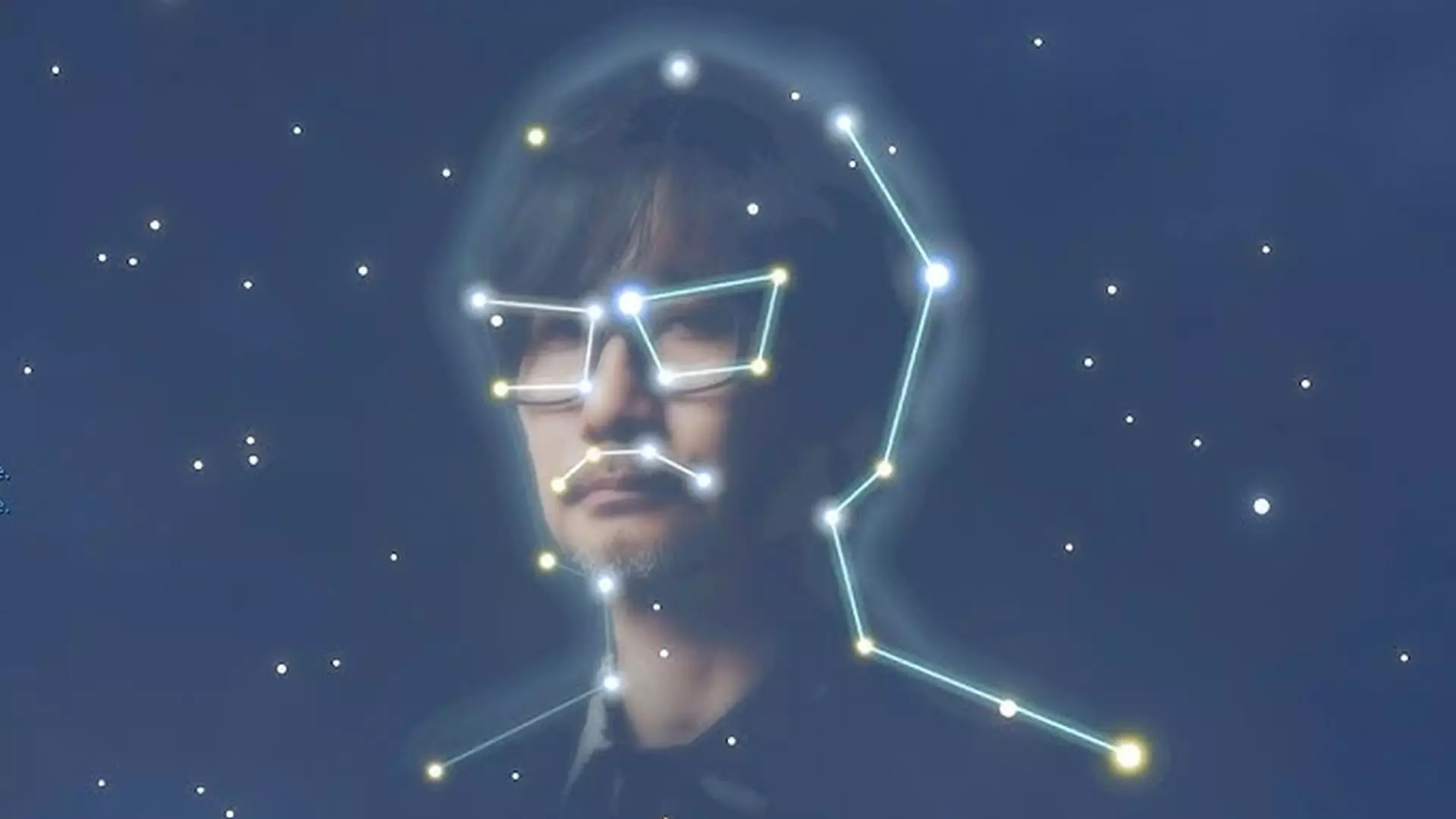In recent years, the allure of space travel has transcended beyond scientific exploration to symbolize a destiny for the wealthy and ambitious. Visionaries like Hideo Kojima have expressed desires to venture beyond Earth, not merely for adventure but with artistic ambitions—dreams of creating games in zero gravity or experiencing the universe firsthand. While such aspirations are captivating on a superficial level, they obscure the profound risks involved in exposing creative minds to the vastness of space. The concept of space as a blank canvas for artistic exploration is alluring but ultimately naive. Space’s inhospitable environment, coupled with its psychological toll, could irreparably distort a mind already stretched thin by the demands of innovation.
Kojima’s flamboyant obsession with space, including personal acts of cosmic self-expression—like turning his face into a constellation—exemplifies a tragically romantic view of the universe. His desire to travel into the void may stem from a need to find inspiration or perhaps to escape the confines of terrestrial limitations. However, what he might not fully grasp is the extent of the emotional and mental burden that space travel entails. The universe is indifferent, silent, and potentially devastating—a stark contrast to human-centered storytelling that thrives on emotional resonance and connection.
The Overrated Myth of Space as an Inspirational Fountain
The current fascination with space trips for billionaires, mainly motivated by economic excess and exhibitionism, clouds the reality of human exposure to the cosmos. William Shatner’s recounting of his spaceflight vividly captured how isolating and disorienting it can be: the cold vastness coupled with a profound sense of loss for Earth’s nurturing warmth. This ‘Overview Effect’ can leave explorers with a sense of existential dread, the feeling that humanity’s petty conflicts and destructive tendencies are painfully magnified in the silence of space.
For a sharp creative mind like Kojima’s—known for pushing boundaries—such an experience could be catastrophic. The emotional turbulence of staring into the abyss might fracture his already complex narrative style or, worse, distort his perception of reality permanently. Considering his penchant for blending reality with surrealism and his tendency toward eccentricity, introducing the raw weight of cosmic despair might send him into a creative spiral. This isn’t to suggest Kojima’s work is shallow, but rather that his approach is heavily reliant on his mental stability and clarity.
The Risks of Cosmic Exposure for Creative Genius
Drawing parallels with other space travelers’ experiences, especially figures like William Shatner, underscores a universal truth: the universe does not forgive emotional or psychological fractures. For a creator like Kojima, whose art is deeply personal and often chaotic, exposure to space’s stark reality might tip the scales toward instability. His penchant for elaborate, sometimes confusing storytelling could become more erratic under the influence of cosmic existentialism. Instead of inspiring groundbreaking entertainment, it might produce fractured narratives that are tough even for dedicated fans to decipher.
It’s tempting to romanticize the space odyssey, but history warns us. The destructive power of such profound experiences can change individuals forever, sometimes in destructive ways. Kojima’s vivid imagination and inventive storytelling might lose their grounding in reality if he confronts the vast, unfeeling expanse of space. As much as he desires the experience, enabling him could be a gamble with unpredictable outcomes—outcomes that would not only affect him but potentially distort the creative landscape he influences.
Protecting Creativity from the Stars’ Harshness
Ultimately, space is a realm that demands respect—respect for its danger, its silence, and its potential to unhinge the human psyche. For visionaries like Kojima, the priority should be to harness the inspiration found on Earth, in human emotion, and shared experience, rather than risking catastrophic encounters with the cosmos. The romantic notion of reaching for the stars must be tempered by the reality that our minds are fragile vessels, not indestructible probes.
While the idea of exploring space-driven art sounds enticing, perhaps it’s wiser to let the universe remain an uncharted frontier for our collective imagination, rather than a real destination for individual explorers who might not be prepared for its formidable psychological weight. Kojima’s boundless creativity would perhaps be better served by the Earth-bound struggles, joys, and contradictions that have always fueled human storytelling. The universe can wait—its silence is a warning, not an opportunity for reckless pilgrimage.


Leave a Reply